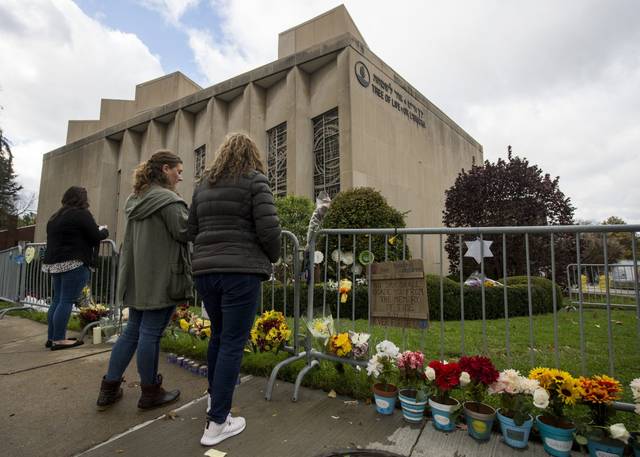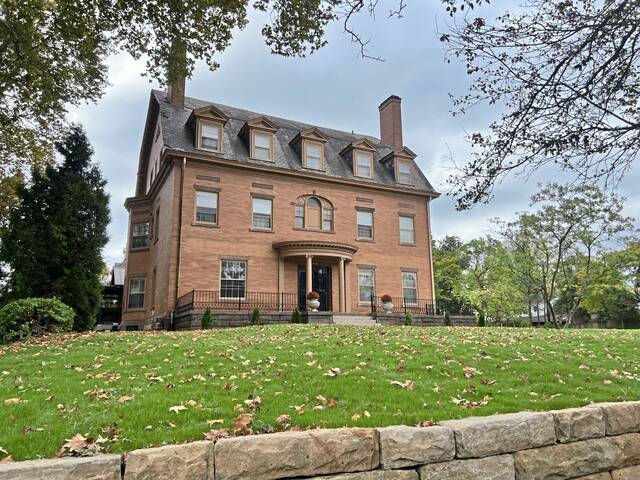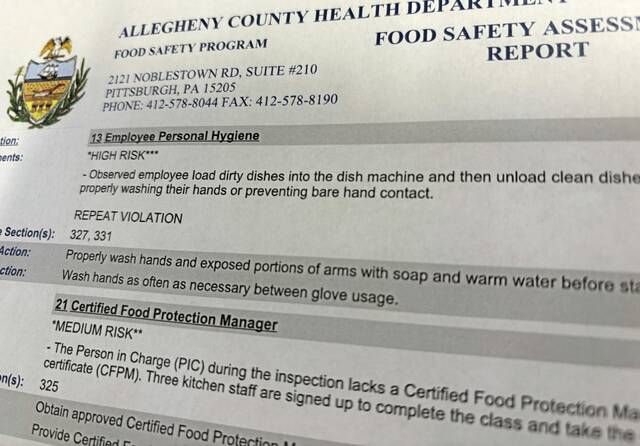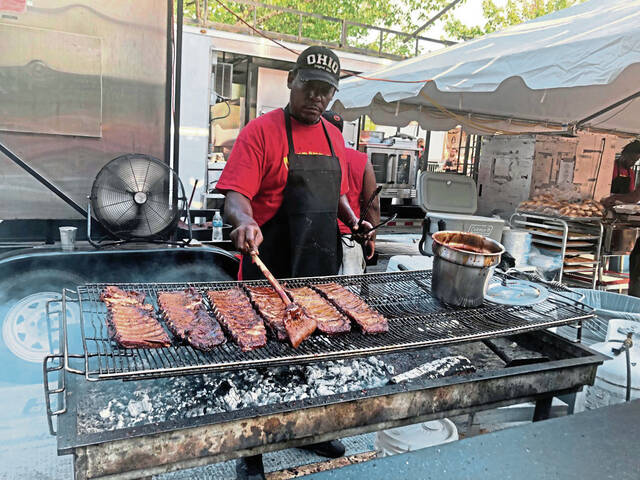A federal judge on Thursday rejected a request by the man charged with killing 11 people nearly two years ago at the Tree of Life synagogue in Squirrel Hill to dismiss some of the counts against him.
Defense attorneys for Robert Bowers sought to dismiss charges against their client for violations of the Hate Crimes Prevention Act and the Church Arson Act, alleging that they infringe on a general police power reserved to the states.
But in a 20-page opinion, U.S. District Senior Judge Donetta Ambrose wrote that the defense argument ignores the concept of the dual sovereign, which allows for federal laws that criminalize conduct traditionally reserved for the states.
Under the Hate Crimes Prevention Act, anyone who willfully causes injury to another “through the use of fire, a firearm, a dangerous weapon, or an explosive or incendiary device … because of the actual or perceived race, color, religion or national origin of any person” is subject to punishment.
Ambrose wrote that that act is authorized by the Thirteenth Amendment of the Constitution, which abolished slavery and involuntary servitude.
As part of their argument, Bowers’ attorneys said that the act does not apply in his case because the victims, who were Jewish, never suffered slavery or bias in the United States, that therefore would subject them to that aspect of the Thirteenth Amendment.
Ambrose disagreed.
“[T]he Thirteenth Amendment is not so narrow as the defendant represents,” she wrote. “The Supreme Court recognized that ‘[w]hile the immediate concern [of the Thirteenth Amendment] was with African slavery, the Amendment was not limited to that. It was a charter of universal freedom for all persons, whatever the race, color or estate, under the flag.’”
Ambrose wrote that “the congressional intent behind [the act] makes clear that Congress intended to prohibit violence on the basis of real or perceived religions that ‘were regarded as races at the time of the adoption of the [Reconstruction] amendments.’”
The court also rejected Bowers’ arguments relative to the Church Arson Act, which applies to anyone who “intentionally obstructs, by force or threat of force … any person in the enjoyment of that person’s free exercise of religious beliefs.”
Bowers, if convicted in federal court, could face the death penalty.








